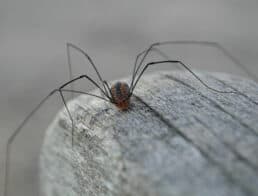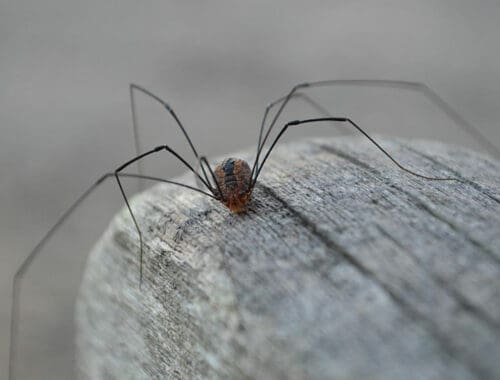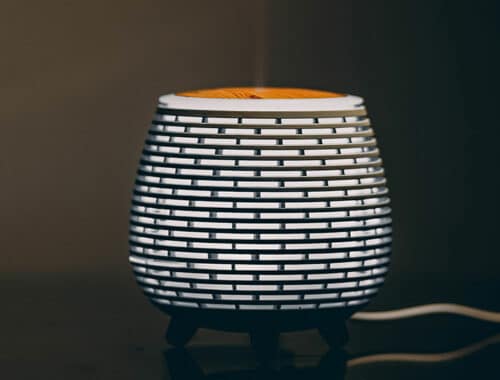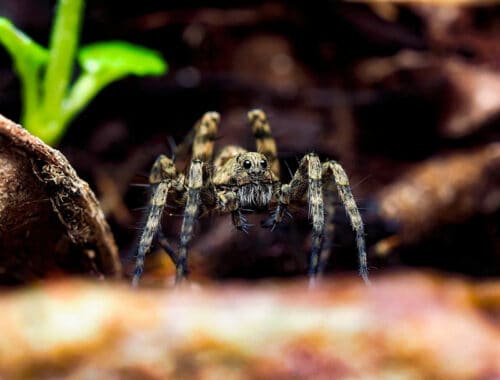German Shorthaired Pointers—called “GSPs” for short—are some of the most distinctive dogs you’ll ever meet. They’re also very affectionate and great fun to be around, so it’s no surprise that they made it onto the American Kennel Club’s list of most popular dog breeds. If you suffer from allergies, though, and are wondering if GSPs are hypoallergenic—they’re unfortunately not, but there’s much more to the story.
In this post, we’ll explore what it really means when a dog is labeled “hypoallergenic” and why GSPs are not considered hypoallergenic.
What Does “Hypoallergenic” Mean?
It’s believed by some that if a dog is “hypoallergenic”, it means they can’t cause an allergic reaction in those who suffer from pet allergies. This is a misconception—no dog is truly hypoallergenic and you can suffer from a reaction no matter which breed you choose. “Hypoallergenic” simply means that the risk is reduced.
Dogs shed something called dander—small flakes from their hair and skin—and this is what allergy sufferers are allergic to, not pet hair as is commonly believed. You can also be allergic to proteins found in dog saliva, urine, and feces, which is why it’s not possible for dogs to be 100% hypoallergenic as it’s pretty much guaranteed they’re going to lick you at some point and transmit saliva.
All dogs shed dander, but some simply shed less than others, and these are the dogs labeled “hypoallergenic.”
Why Aren’t German Shorthaired Pointers Hypoallergenic?
GSPs have a short double coat. Beneath their short, thick topcoats is a dense undercoat that’s water-resistant. Double-coated breeds shed more than those without an undercoat, which means more dander, and GSPs, in particular, are moderate shedders. For this reason, GSPs aren’t considered to be hypoallergenic, but they’re also not the most allergenic dogs out there, either.

Can I Have a German Shorthaired Pointer If I’m Allergic to Dogs?
It really depends. Some people with allergies have dogs and are able to manage their symptoms, whereas others choose not to have dogs at all because their allergies are too severe. Before you make your decision, you might want to consider visiting your doctor or an allergist to talk through whether or not it would be viable for your type of allergy.
If you haven’t officially been diagnosed with an allergy, your doctor may recommend allergy testing to ascertain whether it’s pets you’re allergic to or something else.
Dog Allergy Management Tips
If you share your home with a dog and suffer from allergies, there are a few ways to minimize the impact of the allergens they may shed. This includes:
- Vacuum regularly to minimize the amount of dander settling around the house.
- Wipe down surfaces regularly, as dander can settle there, too.
- Consider acquiring an air purifier, like those that use HEPA filters.
- Consider keeping your dog out of your bedroom and any areas that can’t easily be cleaned.
- Groom your dog outside if possible and frequently to reduce the dander in your home. It may be wise to have someone allergy-free or a professional groomer help you with this. If this isn’t possible, a mask and rubber gloves may help.
- Talk to your vet about how often to bathe your dog—you don’t want to risk drying out their skin with too much bathing, but bathing can help minimize allergens.
- Wash your hands after touching your dog.
Conclusion
So, to summarize, GSPs are not considered hypoallergenic but really, no dog truly is. The good news is that it’s not uncommon for people with allergies and dogs to live together harmoniously.
In short, only you can decide whether or not it would be manageable to share your home with a German Shorthaired Pointer, and doctors and allergists are in the best position to advise you if you have any doubts. Good luck!
Featured Image Credit: Shutterstock














